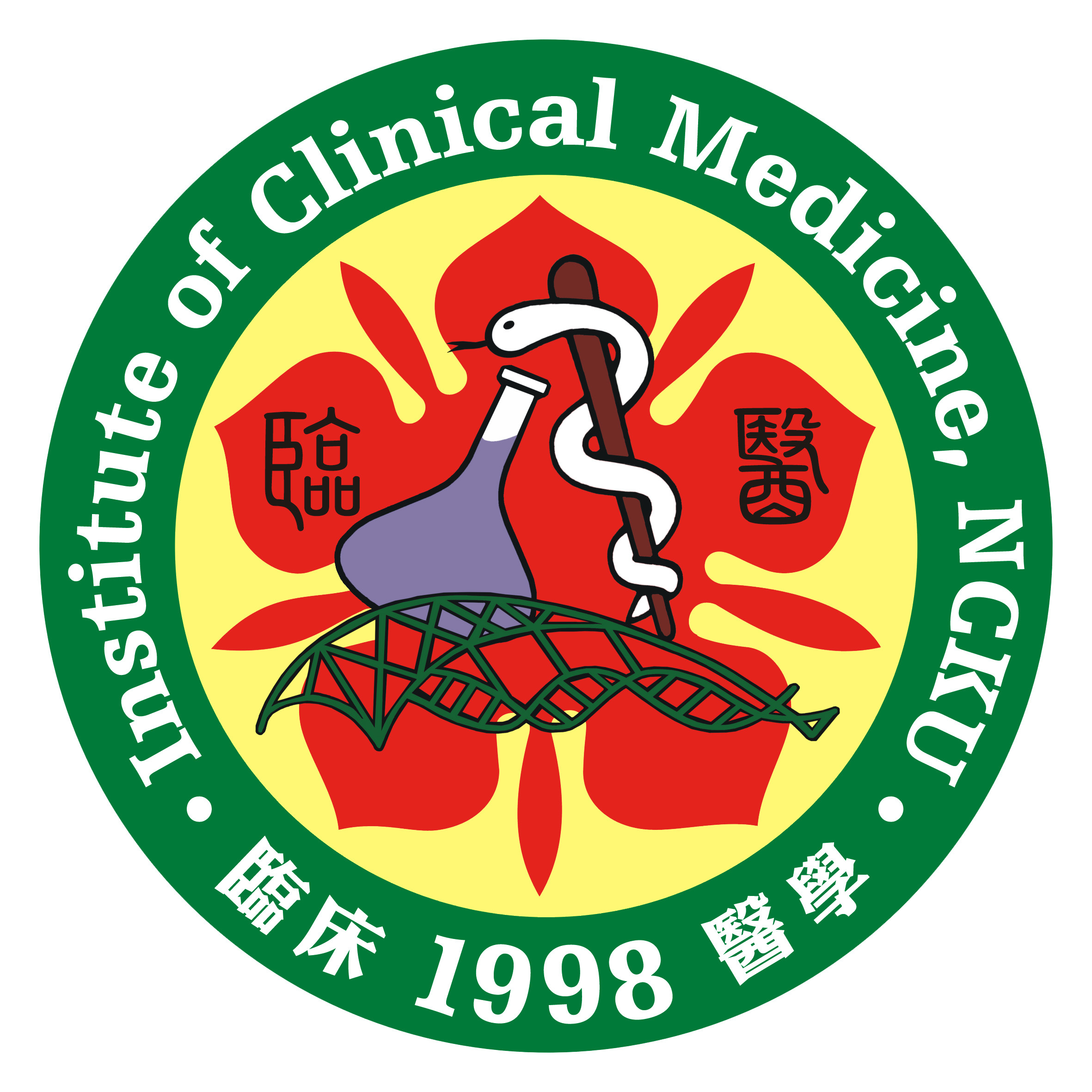林聖翔 老師, Profiling antibody signature of schizophrenia by Escherichia coli proteome microarrays., Brain Behav Immun . 2022 Jul 29;106:11-20.
Abstract
Schizophrenia (SZ) is influenced by genetic and environmental factors, and associated with chronic neuroinflammation. If the symptoms express after adolescence, environmental impacts are more substantial, and the disease is defined as adult-onset schizophrenia (AOS). Effects of environmental factors on antibody responses such as Escherichia coli (E. coli) to immunoglobulin G (IgG) and immunoglobulin M (IgM) might increase the severity of symptoms in SZ via the gut–brain axis. The purpose of this study is to reveal antibody profiles of SZ against bacterial protein antigens. We analyzed the IgG and IgM antibodies using E. coli proteome microarrays from 80 SZ patients and 40 healthy controls (HC). Using support vector machine to select panels of proteins differentiating between groups and conducted enrichment analysis for those proteins. We identified that the groL, pldA, yjjU, livG, and ftsE can classify IgGs in AOS vs HC achieved accuracy of 0.7. The protein yjjU, livG and ftsE can form the best combination panel to classify IgG in AOS vs HC with accuracy of 0.8. The enrichment results are highly related to ABC (ATP binding cassette) transporter in the protein domain and cellular component. We further found that the human ATP binding cassette subfamily b member 1 (ABCB1) autoantibody level in AOS is significantly higher than in HC. The findings suggest that AOS had different immunoglobulin production compared to early-onset schizophrenia (EOS) and HC. We also identified potential antibody biomarkers of AOS and found their antigens are enriched in ABC transporter related domains, including human ABCB1 protein.
